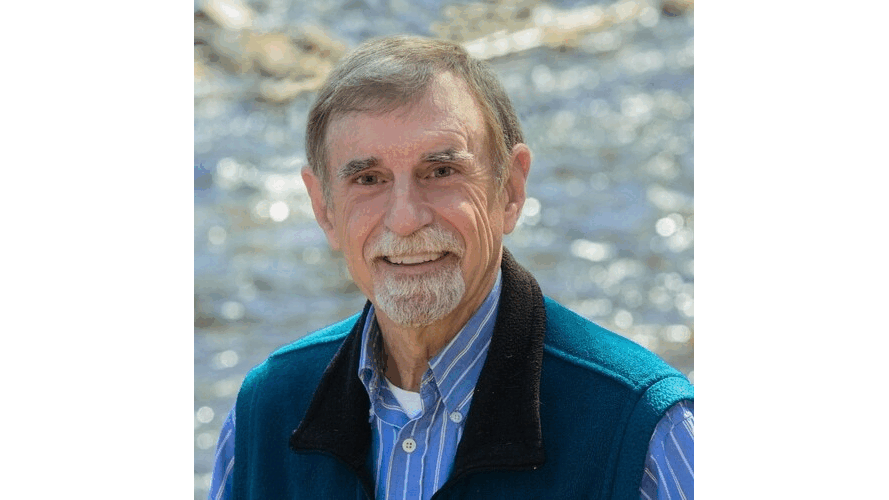Nevins is co-publisher of The Fulcrum and co-founder and board chairman of the Bridge Alliance Education Fund.
Ken Powley and Chris Newlon founded Team Democracy in early 2021. Its signature initiative is the nonpartisan Safe and Fair Election Pledge. The pledge is designed to create an important piece of common ground where Americans — including their elected representatives — can join together from opposite sides of the aisle in committing themselves to protecting the most essential guardrails of American democracy: safe and fair elections, and the peaceful transfer of power.
One of Team Democracy’s newer projects is the RAFT for America Challenge. Outfitters across the country offered pairs of participants, no matter what their differences, the opportunity to demonstrate that there is much more that unites us than divides us, and that we always do better by pulling together than by pulling apart. RAFT for America participants were treated to a transformative personal adventure in one of the most exciting and pristine places on earth!
Powley retired from a 46-year career at the helm of his whitewater rafting company to found Team Democracy. Powley brings a love of entrepreneurship and team building to his work in the nonprofit world, where, as he says, “I’ve come to think of democracy as being mainly a verb.” He and his wife, Penny, are proud parents of three. Of their six grandchildren, three called Kyiv, Ukraine, home until they were evacuated in the face of the Russian invasion. T
Powley, who lives in Mountain Top, Pa., prefers smaller government, reasonably limited regulation and lower taxes.
I had the wonderful opportunity to interview Powley for the CityBiz “Meet the Change Leaders” series. Watch to learn the full extent of his democracy reform work:
- YouTubewww.youtube.com




















Trump & Hegseth gave Mark Kelly a huge 2028 gift